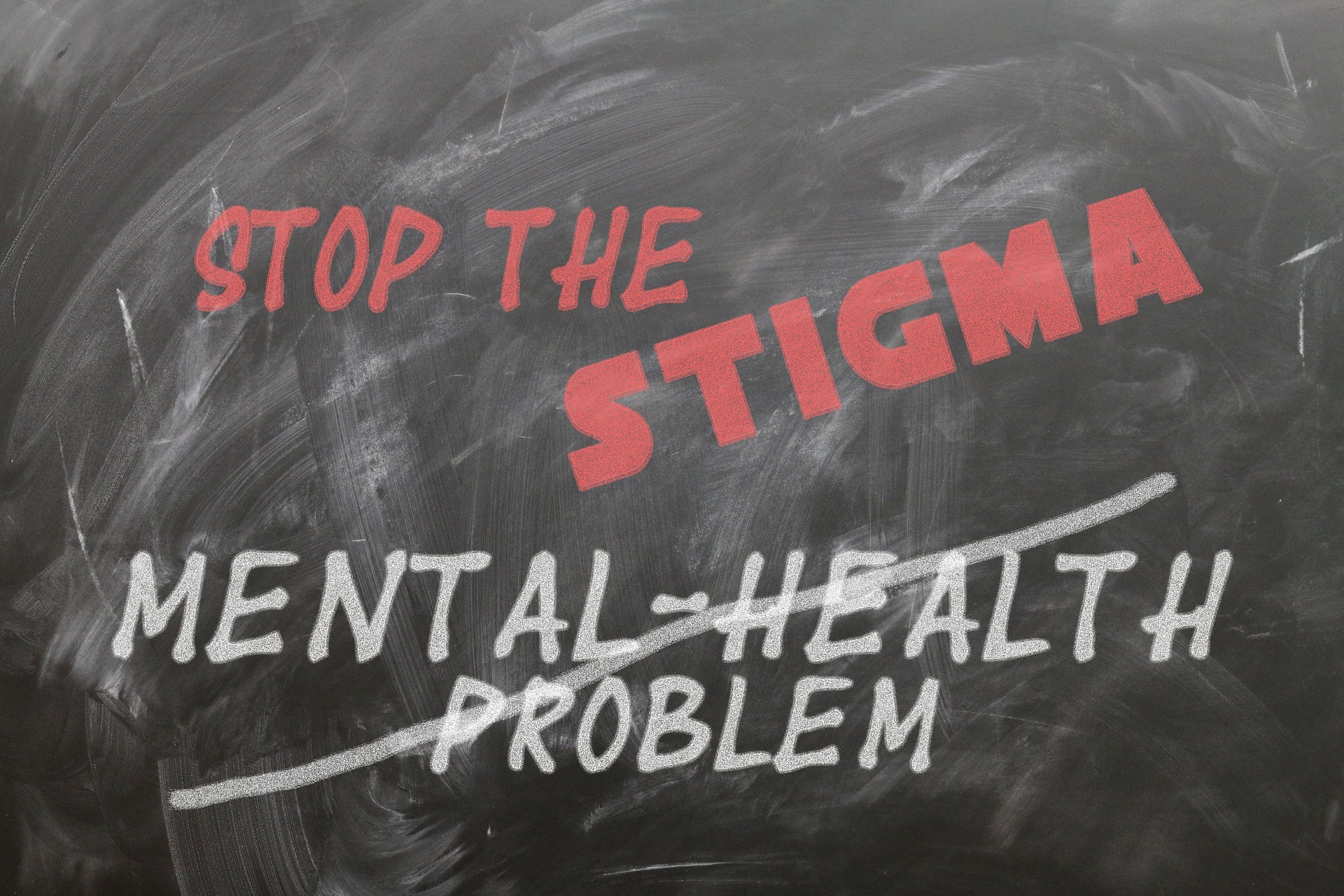The average person spends over 13 years at work. Let that sink in.
With the time we spend at work and our lives constantly moving at a staggering pace, it is no wonder that mental health is such a problem in society these days. We spend our time at work trying to juggle phone calls, emails, meetings, and that’s before we sit down and do some work. It is no wonder that many people end up feeling stressed and find that their mental health is suffering. That’s why it is so important to ensure that you are creating a culture that supports mental health. According to a report from Benenden, only 23.8% of employees said their employer speaks to them about mental health.
Listen to your Employees
If employees are telling you that they are overworked or struggling to cope – listen to them and take it on board. There is no point in piling work on someone if they are unable to get through it, as instead of increasing productivity, it will have the opposite impact and you will be dealing with employee burnout. If employees have any concerns, don’t just dismiss them, make sure you take them on board and try to deal with them positively.
Lose the Stigma
There is a lot of stigmas attached to mental health. If someone breaks their leg, they’ll get all the sympathy in the world. However, if someone says they feel anxious, depressed, or generally low, they will either be avoided or met with disbelief. As an invisible illness, it can be difficult for people to comprehend unless they have suffered from it themselves. It is important to lose the stigma attached to mental health. Make mental health a part of your culture, and actively use the words and introduce training so people are familiar with it. If an employee is off with these types of problems, make sure you speak to them on their return and find out what you can do to support them. If an employee says they are staying off with mental health issues, the chances are that this is true. Even if it is mental health problems relating to feeling anxious about going to work.
Recognise Employees
You should always show your appreciation for your employees, even a simple ‘thank you’ can go a long way to helping mental health. Your employees are people, they are not robots, and they need to feel that they are valued in some way. Employee recognition is key in any organisation. Employees don’t want to feel that they are just making up numbers, they want to feel appreciated. This is even more important if your employees are working remotely.
Provide Development Opportunities
Employees need to feel that there is a clear development plan in place. A structure that can help them meet their goals. If they don’t have anything to aim for, their mental health may suffer. For SME’s this can be more challenging, but there is no harm in setting out the potential areas of growth.
Awareness of Negativity
One negative employee can have a hugely detrimental impact on other employees, and it is important to be aware of this so you can deal with it quickly. Regular check-ins can help you identify any issues with negativity or poor morale within the company.
Mental health should be at the forefront of everything you do. An awareness of your employees and their mental health should always be a priority. If you would like to discuss changing or improving your workplace culture, or have any questioning regards to HR support for business then you can contact us on 07516 335419 or email info@bluetreehr.uk


